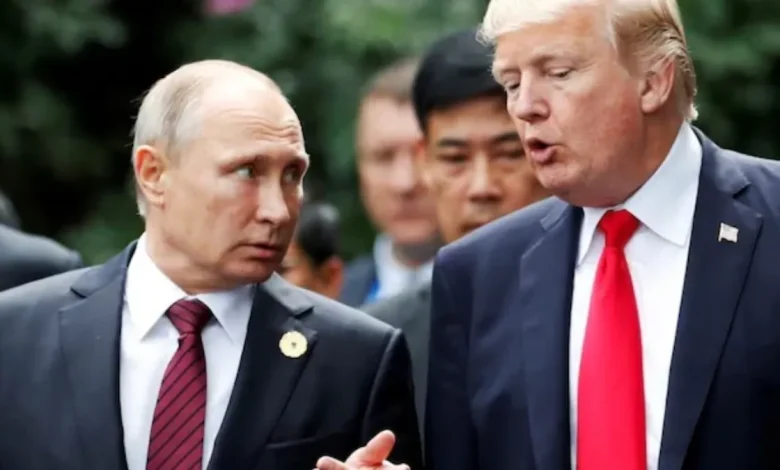Trump’s Trade Chief Slams India’s Russian Oil Imports, Signals Steep Tariffs

Washington — Peter Navarro, trade advisor to US President Donald Trump, sharply criticized India for its continued purchase of Russian oil, labeling the nation the “Maharaj” of tariffs and accusing it of running a “profiteering scheme.” Speaking to reporters outside the White House, Navarro confirmed that punitive tariffs of 25% on Indian imports, set to take effect on August 27, are likely to proceed, bringing the total duty to 50%.
Navarro highlighted that before Russia’s invasion of Ukraine in February 2022, India imported negligible amounts of Russian oil, less than 1% of its needs. He claimed this figure has surged to 35%, describing India’s actions as a “refining profit-sharing scheme” and a “laundromat for the Kremlin.” The advisor argued that India’s trade practices, including high non-tariff barriers and a significant trade deficit, harm American workers and businesses. He further alleged that the revenue from US trade enables India to purchase Russian oil, which is then refined and sold, indirectly supporting Russia’s war efforts in Ukraine.
The remarks follow heightened tensions after Trump imposed an additional 25% tariff on Indian goods, citing India’s energy ties with Russia. Notably, China, the largest buyer of Russian crude, has not faced similar penalties, prompting criticism from New Delhi. India’s government has defended its oil purchases, stating they are driven by global market conditions and national interests, and has called the US tariffs “unfair, unjustified, and unreasonable.”
Navarro also accused India of strengthening ties with Chinese President Xi Jinping, referencing recent talks between New Delhi and Beijing to resolve border disputes. This comes amid strained US-India relations, with Trump previously describing India’s economy as “dead” and threatening further trade measures. India, a key US trading partner, exported $87 billion in goods to the US in 2024, generating a significant trade surplus. The escalating tariff dispute risks disrupting bilateral trade goals, including a target of $500 billion by 2030.
